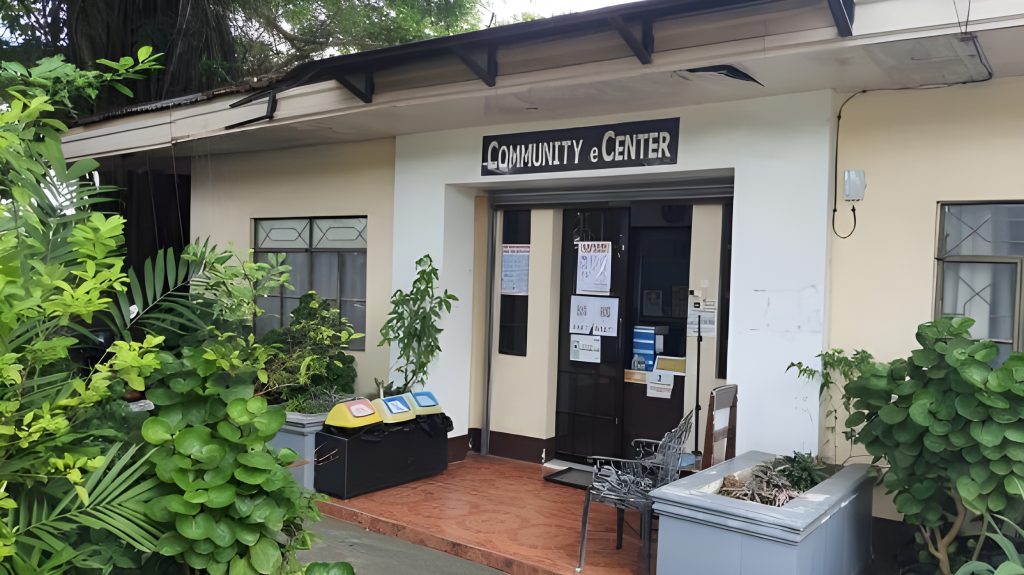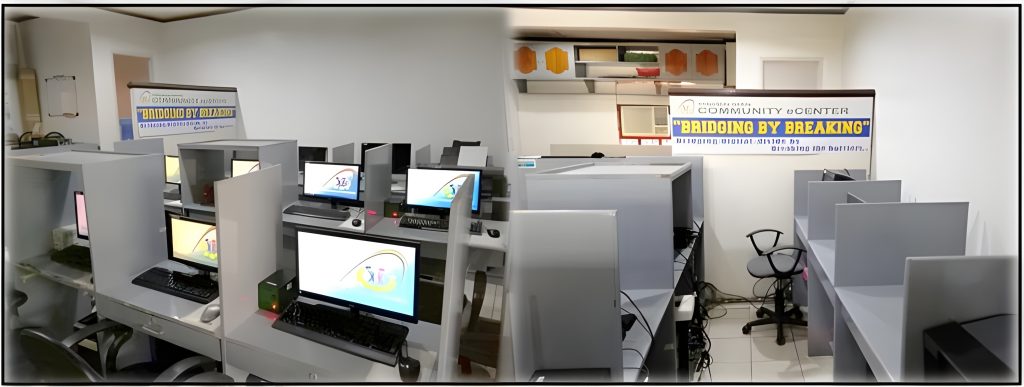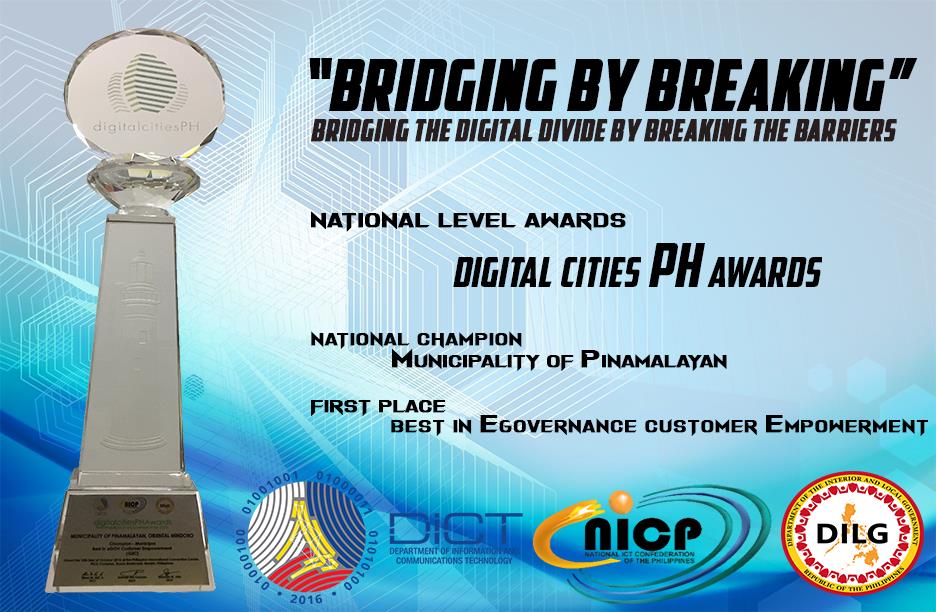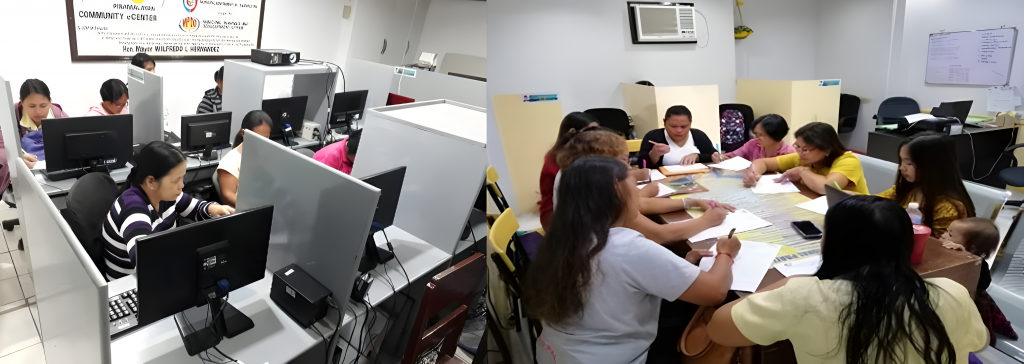Organization
University of the Philippines Diliman
Best Practice Focus Area/s
Operations
Year Implemented
October 2019
This is a Recognized Best Practice
Summary
The development of the UP Diliman Supply and Property Management Office (UPD SPMO) Common-use Supplies and Equipment (CSE) Portal was initially conceived as a project of the 2018 ASPIRE Training for process streamlining and improvement. The SPMO group of the UPD ASPIRE Batch 1 and 2 proposed to streamline the existing process of ordering of common-use supplies and equipment from the UPD SPMO Central Storeroom to a Lazada-type of online ordering for CSE items procured from the PS DBM. This was in accordance with Republic Act No. 11032, otherwise known as the Ease of Doing Business and Efficient Government Service Delivery Act of 2018.
Background and Problem
Before developing the Supply and Property Management Common-Use Supplies and Equipment (SPMO CSE) Portal, the total number of days for processing the request for issuance of Common-Use Supplies and Equipment (CSE) is around four days. Outlined below is the process flow on how the end-users request/order supplies from the UP Diliman SPMO:
- Step 1. The end-users call the UP Diliman SPMO if the items are available at the Central Storeroom of UPD SPMO.
- Step 2. If the items are available, they will manually prepare a Requisition and Issue Slip (RIS) and have it signed/approved by the Head of Unit and budget cleared by the Accounting or Budget Office.
- Step 3. Submit the approved Requisition and Issue Slip (RIS) at the UPD SPMO Central Storeroom to issue Common-Use Supplies and Equipment (CSE).
The problem occurs when the approved and budget-cleared Requisition and Issue Slip (RIS) is submitted to UPD SPMO, and the supplies are no longer available. This results to the cancellation of the approved and budget-cleared Requisition and Issue Slip (RIS), and the users will have to repeat the process. Some items in the RIS are partially canceled due to the non-availability of stocks upon submission of approved RIS. As per data gathered from October 2018 to September 2019, 58% of RIS have partially canceled items and needed to go through the process again.
Below is the summary of Requisition and Issue Slips (RIS) with partial canceled items:
| Month | No. of RIS Received | No. of RIS partially canceled | Percentage of RIS with Cancellation |
| 2018 | |||
| October | 57 | 30 | 53% |
| November | 18 | 11 | 61% |
| December | 16 | 8 | 50% |
| 2019 | |||
| January | 61 | 38 | 62% |
| February | 42 | 32 | 76% |
| March | 59 | 17 | 29% |
| April | 33 | 22 | 67% |
| May | 43 | 25 | 58% |
| June | 41 | 41 | 100% |
| July | 57 | 36 | 63% |
| August | 16 | 9 | 56% |
| September | 84 | 39 | 46% |
Another problem encountered by the end-users is the manual issuance of Certificate of Non-Availability of Stocks (CNAS) because the end-user would make the request after they have already purchased the items. Reimbursement procedures require purchases to be made only when stocks are not available in the SPMO. Otherwise, the reimbursement may be disapproved.
The amount of time saved by the UPD SPMO in eliminating the actual issuance of CNAS is around 5 minutes from printing to the signing of the CNAS or a total of 430 minutes per day or around one person-day in a month.
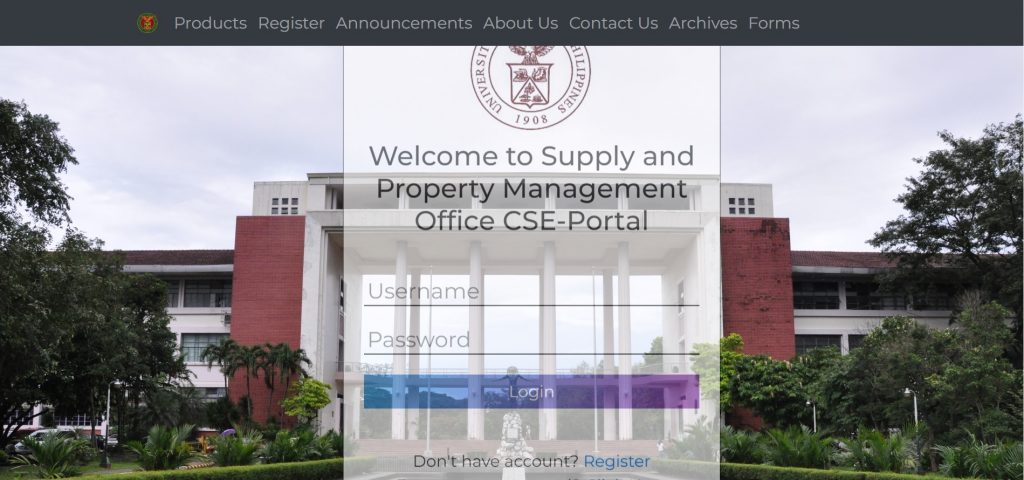
Solution and Impact
- 100% adoption of the CSE Portal by UP Diliman offices/colleges/unit – All the 170 offices/colleges/units have registered. They are using the facility already, and 100% of them confirmed that it had addressed their needs, and 98.4% confirmed that it has satisfactorily improved and hastened the processing of their requests. It was easy for them to adapt to the system because it was similar to online sites like Lazada.
- Streamlined procurement process and Improved documentation – With the creation of a database, all data and transactions are stored in a central repository. Data recording and filing are automated at the point of transaction, so data retrieval and reporting is faster. The system also allows users to reserve items for three (3) days while they seek budget clearance and approval for the purchase. This reduces the rework that usually happens with the previous system when items with an approved budget go out of stock.
- Information on available balance – An added feature for the end-user is information on their available balance as any unused balance may be carried over. They can still order the previous month’s balance as it is carried over to the following month until the total quantity they provided in their APP-CSE is fully utilized.
- Reduced transaction turn-around time – The processing time was reduced from 4 days to just 4.5 hours per transaction. This is seven times faster than the previous turn-around time. Multiply this by the number of transactions UPD SPMO processes, resulting in significant savings in manpower who can be given other types of work.
- Better information and planning – With the central storage of data, UPD SPMO can now analyze the movement of items, required stocking levels, seasonality, and other items that may be added to the inventory. It gives UPD SPMO the needed information to better plan and serve the university.
- Customized Product Catalogue – The product catalog shows whether the items are available or out of stock. It also indicates the maximum quantity each end-user can order monthly based on their submitted Annual Procurement Plan for Common-Use Supplies and Equipment (APP-CSE).
- Empowered end-users – The Statement of Non-Availability of Stocks (SNAS) is implemented in SPMO’s Facebook page instead of the manual issuance of the Certificate of Non-Availability of stocks (CNAS) so the need for the users to request UPD SPMO to generate the CNAS and SNAS was eliminated. The end-users can already generate these themselves from the portal resulting in a saving of 1 person per day per month.
Milestones/Next Steps
- Project Conceptualization as part of the Administrative Staff Program towards Institutional Resiliency and Excellence (ASPIRE) Program – a program designed to equip UPD administrative personnel with the necessary knowledge, mindset, and skills in developing and implementing a Quality Management System that will help organizations attain improved and efficient operations, sustained culture of innovation, customer-driven delivery of services, and empowered human resources:
- August 2018–Statement of Non-Availability of Stocks (SNAS) generation through the SPMO Facebook Page;
- May 2019 –Requisition and Issue Slip Process Flow Improvement and development of Common-Use Supplies and Equipment Portal
- Implementation of SNAS generation through SPMO Facebook Page–September 2018
- Development of the System Design–May 2019
- Approval of System Design–June 2019
- User Training – 16-17 September 2019
- Soft Launch of the CSE Portal–October 2019
- Full System Implementation–November 2019
- Implementation of e-wallet feature effective February 2021
- Delivery to end-users of CSEs effective April 2022

